
Reasons behind Side-Effects of Antibiotics
Our intestine contains many different bacteria. However, most of these are in an optimal balance, being good bacteria which serve a benign purpose through fighting off bad bacteria in the area. Now, antibiotics destroy bacteria, both good and bad since these drugs are incapable of distinguishing between the two. Thus, they may trigger an imbalance in the colon, resulting in stool which lacks consistency.
Even though this takes place in 1 or 2% of people, sometimes, the malignant bacteria manage to take the upper hand over the benign ones. This can happen once a person treats a health problem with antibiotics which destroy the good bacteria, allowing the bad ones to multiply excessively. Then, as the negative bacteria feed and function, these produce toxins which lead to diarrhea and numerous other health conditions. One of the worst case scenarios in such cases is an illness called toxic megacolon, demanding immediate surgical procedure in order to save the sufferer's life.
Diarrhea-Triggering Antibiotics and Treatment
Mixing different antibiotics over a longer period of time is known to lead to diarrhea. Regardless, in some cases, even mild antibiotics can cause severe imbalances in one's digestive system.
As for the treatment in these situations, a person's health improves once the antibiotics run their course and allow the good bacteria to multiply once more. Yet, there are cases where additional antibiotic treatment is necessary to set matters straight and fix the damage done. Either way, if your diarrhea seems to remain persistent for more than 3 days, especially if it is causing rectal pain, fever or blood in the stool, seek medical assistance immediately.
Additionally, make sure you do not end up dehydrated since diarrhea is known to deplete your organism of water. Drink plenty of water and consume energy drinks like Gatorade or PowerAde. Also, make up for the loss of minerals with fruits and vegetables and replenish sodium with beef and chicken broth. Remember that the diarrhea needs to take its course in order for your body to get rid of the toxins and the bad bacteria.
Yogurt with live active cultures can help establishing the bacterial balance in your digestive system, being especially useful for children. As for adults, probiotic pills can help greatly.
Finally, never take antibiotics if you do not know what is wrong with you. These will not help with viral infections, but will only make matters worse. If your doctor prescribes you antibiotics, follow the instructions religiously. Pay attention to your hygiene and keep your hands and your body clean at all times.


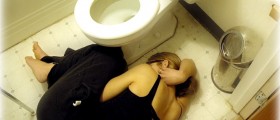

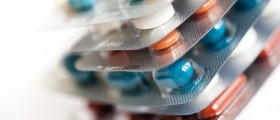
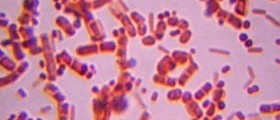
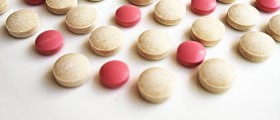




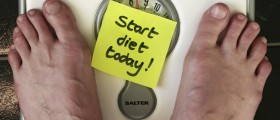
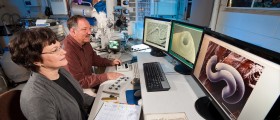




Your thoughts on this
Loading...